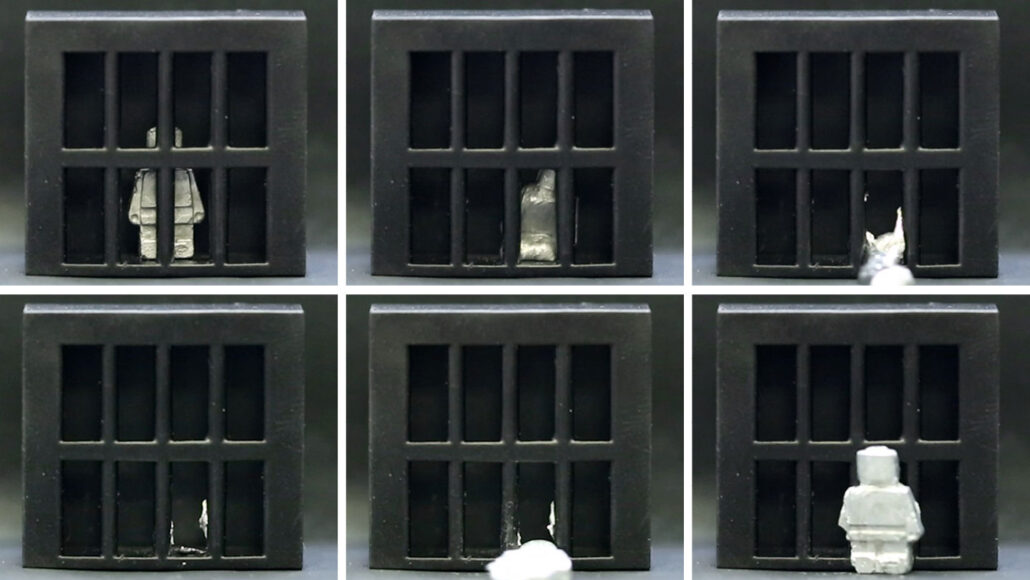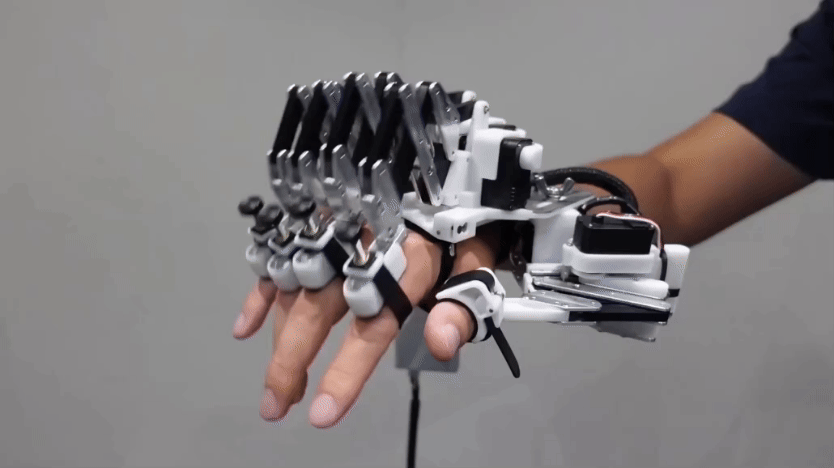biomedical: Having to do with medicine and how it interacts with cells or tissues.
biomedical engineer: An expert who uses science and math to find solutions to problems in biology and medicine; for example, they might create medical devices such as artificial knees.
circuit: A network that transmits electrical signals. In the body, nerve cells create circuits that relay electrical signals to the brain. In electronics, wires typically route those signals to activate some mechanical, computational or other function.
colleague: Someone who works with another; a co-worker or team member.
electricity: A flow of charge, usually from the movement of negatively charged particles, called electrons.
engineer: A person who uses science and math to solve problems. As a verb, to engineer means to design a device, material or process that will solve some problem or unmet need.
fiction: (adj. fictional) An idea or a story that is made-up, not a depiction of real events.
field: (in physics) A region in space where certain physical effects operate, such as magnetism (created by a magnetic field), gravity (by a gravitational field), mass (by a Higgs field) or electricity (by an electrical field).
liquid: A material that flows freely but keeps a constant volume, like water or oil.
magnet: A material that usually contains iron and whose atoms are arranged so they attract certain metals.
magnetic field: An area of influence created by certain materials, called magnets, or by the movement of electric charges.
mechanical engineer: Someone trained in a research field that uses physics to study motion and the properties of materials to design, build and/or test devices.
metal: Something that conducts electricity well, tends to be shiny (reflective) and is malleable (meaning it can be reshaped with heat and not too much force or pressure).
model: A simulation of a real-world event (usually using a computer) that has been developed to predict one or more likely outcomes. Or an individual that is meant to display how something would work in or look on others.
organ: (in biology) Various parts of an organism that perform one or more particular functions. For instance, an ovary is an organ that makes eggs, the brain is an organ that makes sense of nerve signals and a plant’s roots are organs that take in nutrients and moisture.
particle: A minute amount of something.
poles: ( (in physics and electrical engineering) The ends of a magnet.
robot: A machine that can sense its environment, process information and respond with specific actions. Some robots can act without any human input, while others are guided by a human.
science fiction: A field of literary or filmed stories that take place against a backdrop of fantasy, usually based on speculations about how science and engineering will direct developments in the distant future. The plots in many of these stories focus on space travel, exaggerated changes attributed to evolution or life in (or on) alien worlds.
sea: An ocean (or region that is part of an ocean). Unlike lakes and streams, seawater — or ocean water — is salty.
solid: Firm and stable in shape; not liquid or gaseous.
Texas: The second largest state in the United States, located along the southern border with Mexico. It is about 1,270 kilometers (790 miles) long and covers an area of 696,000 square kilometers (268,581 square miles).
tin: A metallic element with the atomic number 50.








